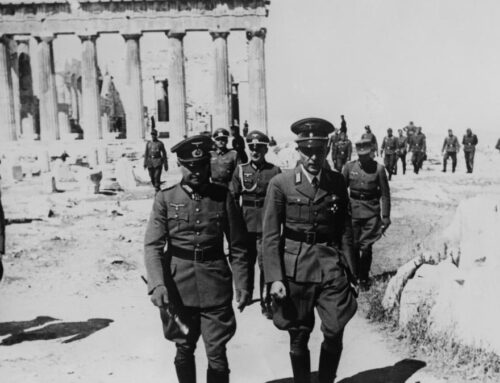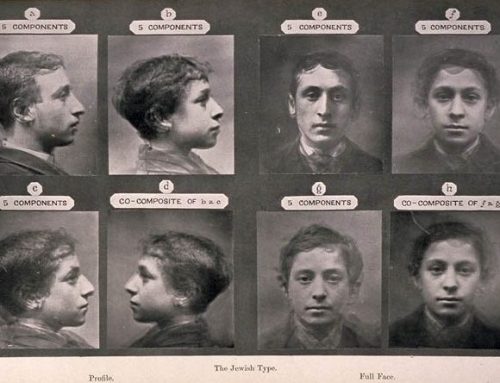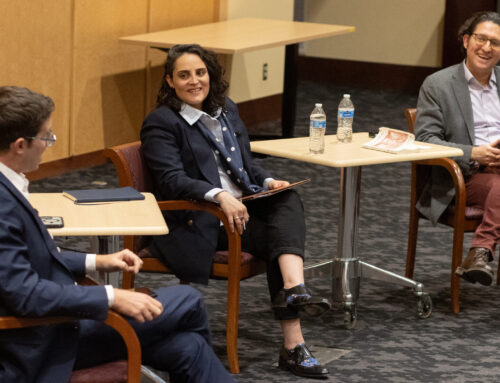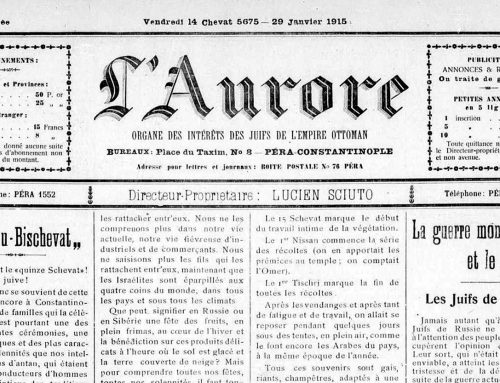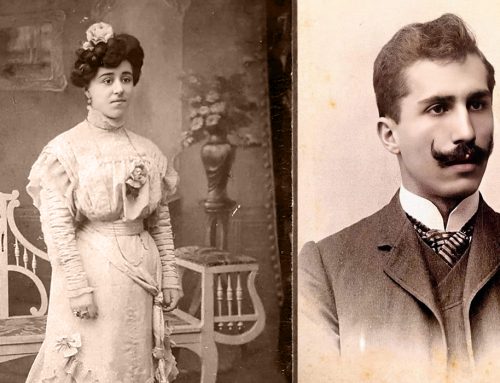We recently caught up with Zoe Mesnik-Greene, a sophomore entrepreneurship and communications major, to ask about her experience in a Jewish Studies course that incorporated service-learning.
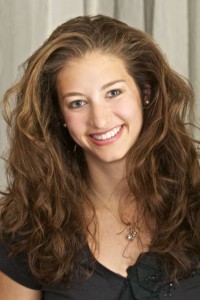
Zoe Mesnick-Greene learned about American Jewish history while teaching English as a Second Language last spring.
Q. How are you involved on campus?
A. I am a UW student-athlete and am heavily involved in the Entrepreneurship Community on campus (CIE Lavin Entrepreneurship Program). In addition, I was able to go on UW Hillel Birthright in June of this summer, which was a fabulous experience for me.
Q. This spring you took Professor Pianko’s course, American Jewish History, which examined immigration specifically, but it also had a twist: a service-learning component. Through Jewish Family Services you volunteered with an English as a Second Language (ESL) group in Bellevue; how did that real experience tie in with the classroom concepts?
A. Working at JFS has added another facet to my learning in the Jewish American History course. I have gained a stronger empathy for the challenges an individual must face when moving to a new country. New immigrants, in general, must overcome challenges of assimilation and acculturation, while still trying to hold on to their heritage. Additionally, because many of the ESL students do not speak English fluently, it has made me contemplate just how hard it is to feel accepted in a new country without basic language ability.
Like Jewish immigrants, the ESL students must learn to find a balance of holding on to traditions while being able to accept change and adapt to some American traditions. The Jewish people had to create educational and institutional developments so that they could eventually thrive in the United States.
The Jewish Family Service’s mission is to “deliver essential human services to alleviate suffering, sustain healthy relationships and support people in times of need.” I think the biggest take-away from JFS’s mission is to be conscious of your surroundings and to try to positively impact others’ lives as much as possible.
I think that sometimes we do not realize that small acts of kindness can have huge benefits in improving the welfare of community members. Students in the Jewish American History course who worked at JFS will be greatly changed from their work with the ESL students. Students definitely should have gained a deeper understanding of the struggles individuals face when trying to assimilate to a new country.
Q. Was this your first exposure to the topic of service-learning? Do you think this is a valuable field for undergraduates to encounter?
A. I have been working since I was quite young in a lot of capacities (at both non-profit and for profit companies), and I believe that it is quite exciting when you are able to bridge the gap between what is learned in the classroom and the “real” world.
A note on service-learning and how it relates to Jewish Studies: Service-learning is an innovative pedagogical concept that is gaining momentum as part of a broader push for civic engagement within higher education. Students participate in direct service in their community with the goal of enhancing their learning in the classroom. To help integrate service-learning and real-world experiences into the UW Jewish Studies curriculum, Professor Noam Pianko received a course development grant from Repair the World, an organization committed to making service a defining element of American Jewish life, learning, and leadership. Building on the success of this partnership, Repair the World’s Senior Vice President, Rabbi Will Berkovitz, worked with Professor Pianko to create a training program for Jewish Studies faculty. This past August, Repair the World convened a training for 15 faculty from around the country hosted by UW SJSP. Our Repair the World partnership reflects the Stroum Jewish Studies Program’s national leadership in this new field of study and community engagement. We hope to continue empowering students to have the kind of transformative service-learning experience that Zoe had last spring.
Editor’s note: This article by Hannah Pressman appeared as part of the Stroum Jewish Studies Program’s Fall 2012 Annual Report. Click here to access the full PDF of the newsletter, which includes feature articles, a Sephardic Treasures photo spread, Save-the-Dates, and more.

